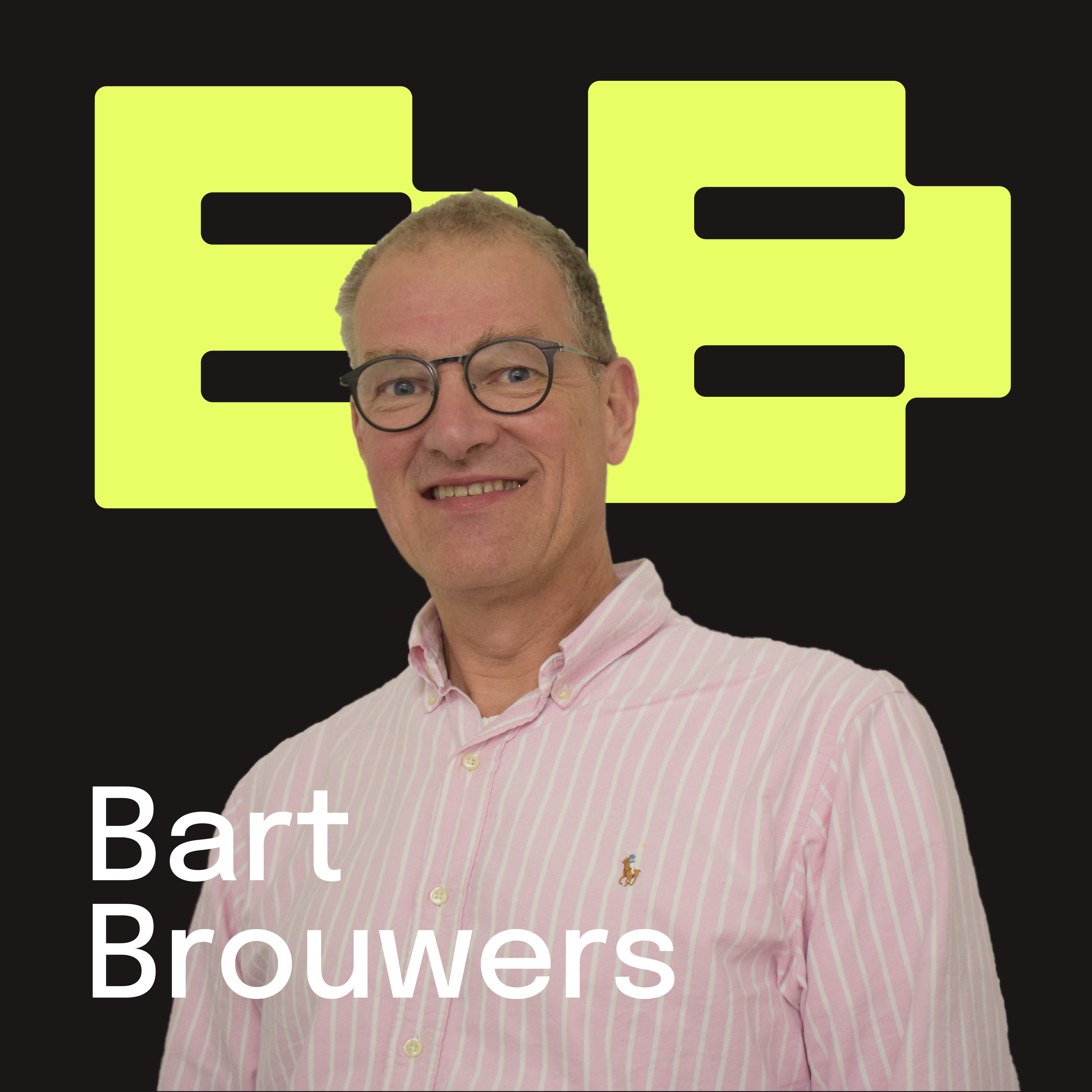Dijsselbloem: months to come crucial for high tech industry
“Companies - including ASML - will leave the Netherlands if growth remains hampered by grid congestion or nitrogen restrictions.”
Published on June 9, 2025
Bart, co-founder of Media52 and Professor of Journalism oversees IO+, events, and Laio. A journalist at heart, he keeps writing as many stories as possible.
If there is no movement on grid congestion and nitrogen restrictions in the coming months, companies will be forced to realize their expansion plans outside the Netherlands. “That is literally the case today,” said Mayor Jeroen Dijsselbloem of Eindhoven on Sunday in an interview on the TV program Buitenhof. He also sees enormous challenges in housing construction, attracting talent, and investing in promising scale-ups.
The fall of the Dutch government is not helping, he says. “Most of these files were already on hold, but now there will be even more delays,” said Dijsselbloem. As mayor of the largest city in the Brainport region, which is currently a crucial driver of economic growth in the Netherlands thanks to the high-tech industry around ASML, he sees the urgency of the situation on a daily basis.
Although ongoing agreements on, for example, the Beethoven project – in which €2.5 billion has been pledged for infrastructure, housing, and talent development – are continuing as planned, Dijsselbloem emphasizes that crucial strategic decisions are now in danger of being put on hold. And that could have far-reaching consequences. “The power issue is acute today,” he says. “There are companies that now have to decide: do we expand here or do we move abroad?”
Crucial months ahead
According to Dijsselbloem, the uncertainty surrounding nitrogen, power capacity, housing, talent, and financing poses a direct threat to ASML's planned expansion. "If we cannot provide clarity on these issues in the coming months, there is a real risk that ASML will move elsewhere. And that would be disastrous, not only for Brainport, but for the strategic position of the Netherlands and Europe in the global technology sector.“ He does not believe it will come to that, however. ”That clarity will come.“
The mayor is particularly concerned about the structural underinvestment in technology. ”In South Korea, 17 billion is being invested over four years. In the Netherlands, on the other hand, cuts are being made in R&D.“ Since 2019, the R&D budget in OECD countries has increased by 17%. In the Netherlands, it has fallen by 4%. ”And then we wonder why companies are turning to American or Asian investors," says Dijsselbloem.
Investment bank
He therefore advocates a national investment bank with a European banking license, independent of politics. “A bank with a balance sheet of around 100 billion that invests in defense technology, photonics, batteries, and the scale-ups that are set to make a difference.” Only in this way can the Netherlands maintain its strategic autonomy, participate in the global technology race, and retain its economic clout.
“What is needed now,” concludes Dijsselbloem, “is the political courage to distinguish between consumer spending and investment. Currently, we are trying to do everything at once, which is holding us back. A national investment bank would create room for responsible investment, and that is what we need.”
